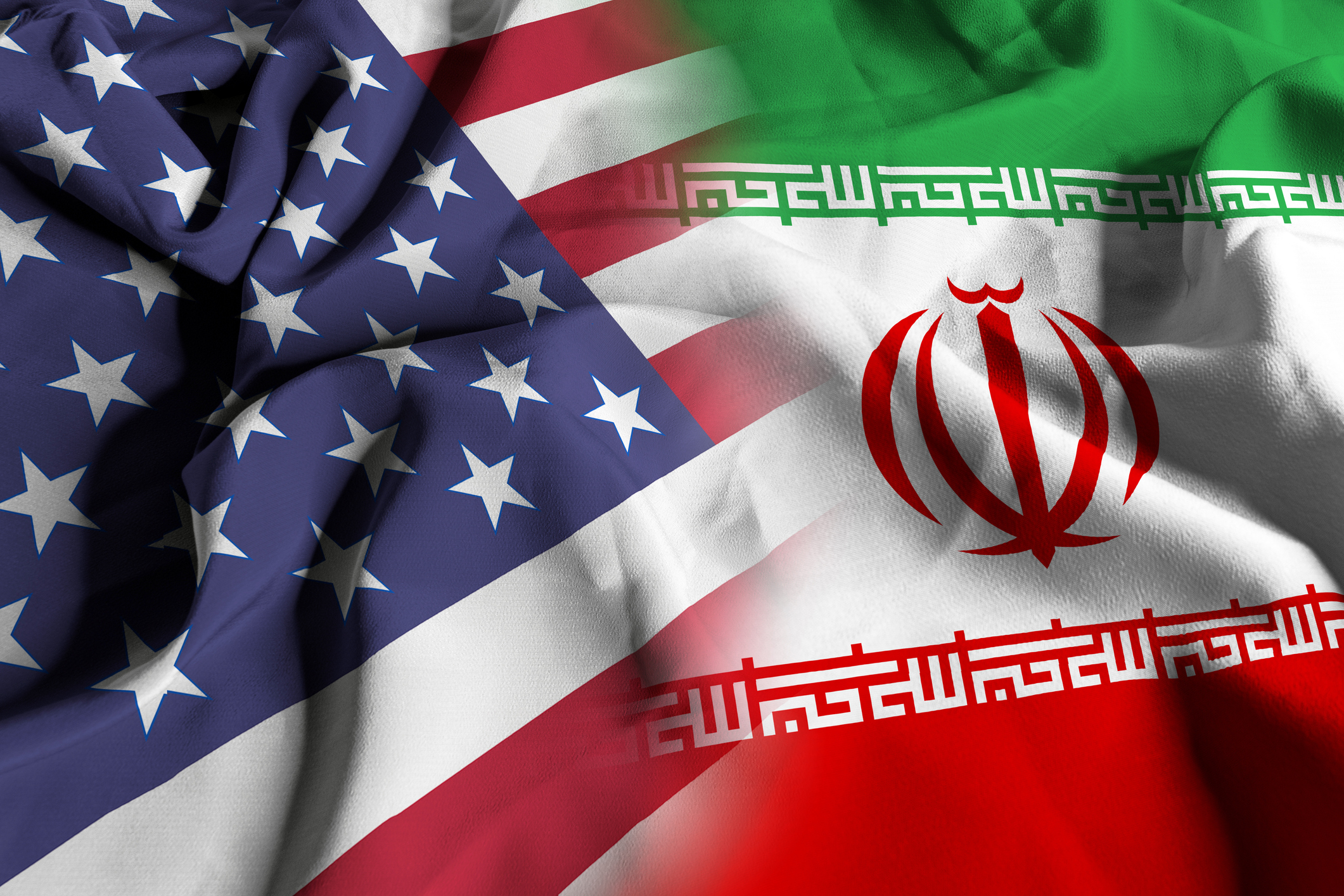The United States still believes that Iran has not decided to build a nuclear weapon despite Tehran’s recent strategic setbacks, including Israel’s killing of Hezbollah leaders and two largely unsuccessful attempts to attack Israel, two U.S. officials said.
The comments from a senior Biden administration official and a spokesperson for the Office of the Director of National Intelligence (ODNI) added to public remarks earlier this week by CIA Director William Burns, who said the United States had not seen any evidence Iran’s leader had reversed his 2003 decision to suspend the weaponization program.
“We assess that the Supreme Leader has not made a decision to resume the nuclear weapons program that Iran suspended in 2003,” said the ODNI spokesperson, referring to Iran’s leader Ayatollah Ali Khamenei.
The intelligence assessment could help explain U.S. opposition to any Israeli strike on Iran’s nuclear program in retaliation for a ballistic missile attack that Tehran carried out last week.
President Joe Biden said after that attack he would not support an Israeli strike on Iranian nuclear sites, but did not explain why he had reached that conclusion. His remarks drew fierce criticism from Republicans, including former President Donald Trump.
U.S. officials have long acknowledged that an attempt to destroy Iran’s nuclear weapons program might only delay the country’s efforts to develop a nuclear bomb and could even strengthen Tehran’s resolve to do so.
“We’re all watching this space very carefully,” the Biden administration official said.
Iran’s mission to the United Nations in New York did not immediately respond to a request for comment but Tehran has repeatedly denied ever having had a nuclear weapons program.
KEY IRAN ALLY WEAKENED
In the past weeks, Israel’s military has inflicted heavy losses on Hezbollah, the most powerful member of the Iran-backed network known as the Axis of Resistance. The group’s setbacks have included the killing of its leader Hassan Nasrallah in an Israeli airstrike last month.
The weakening of a key Iranian ally has prompted some experts to speculate that Tehran may restart its efforts to acquire a nuclear bomb to protect itself.
Beth Sanner, a former U.S deputy director of national intelligence, said the risk of Khamenei reversing his 2003 religious dictum against nuclear weapons is “higher now than it has been” and that if Israel were to strike nuclear facilities Tehran would likely move ahead with building a nuclear weapon.
That would still take time, however.
“They can’t get a weapon in a day. It will take months and months and months,” said Sanner, now a fellow with the German Marshall Fund.
Iran is now enriching uranium to up to 60% fissile purity, close to the 90% of weapons grade, at two sites, and in theory it has enough material enriched to that level, if enriched further, for almost four bombs, according to a yardstick of the International Atomic Energy Agency (IAEA), the U.N. watchdog.
The expansion in Iran’s enrichment program has reduced the so-called breakout time it would need to produce enough weapons-grade uranium for a nuclear bomb to “a week or a little more,” according to Burns, from more than a year under a 2015 accord that Trump pulled out of when president.Actually making a bomb with that material would take longer. How long is less clear and the subject of debate.
(Reuters)














